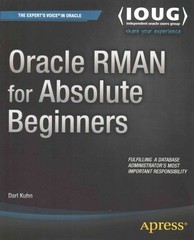Question
1. Each customer can have many invoices, each invoice is for one customer. 2. Each invoice contains many inventory items, each inventory item can be
1. Each customer can have many invoices, each invoice is for one customer.
2. Each invoice contains many inventory items, each inventory item can be on many invoices.
3. Each inventory item comes from one supplier, each supplier supplies many inventory items.
4. Each inventory item is for one company catalog, each company catalog offers many inventory items.
5. Each invoice has one transport company, each transport company delivers many invoices.
6. Each invoice is created by one employee, each employee creates many invoices.
7. Each invoice and customer (from invoice) can have many receivables, each receivable is for one invoice.
8. Each invoice can have many payments, each payment can be for many invoices. (Note** Receivables can be used for the associative in this instance!)
Using the SkyMall information, create an eerd using all of the listed rules using crows foot notation.
Step by Step Solution
There are 3 Steps involved in it
Step: 1

Get Instant Access to Expert-Tailored Solutions
See step-by-step solutions with expert insights and AI powered tools for academic success
Step: 2

Step: 3

Ace Your Homework with AI
Get the answers you need in no time with our AI-driven, step-by-step assistance
Get Started


